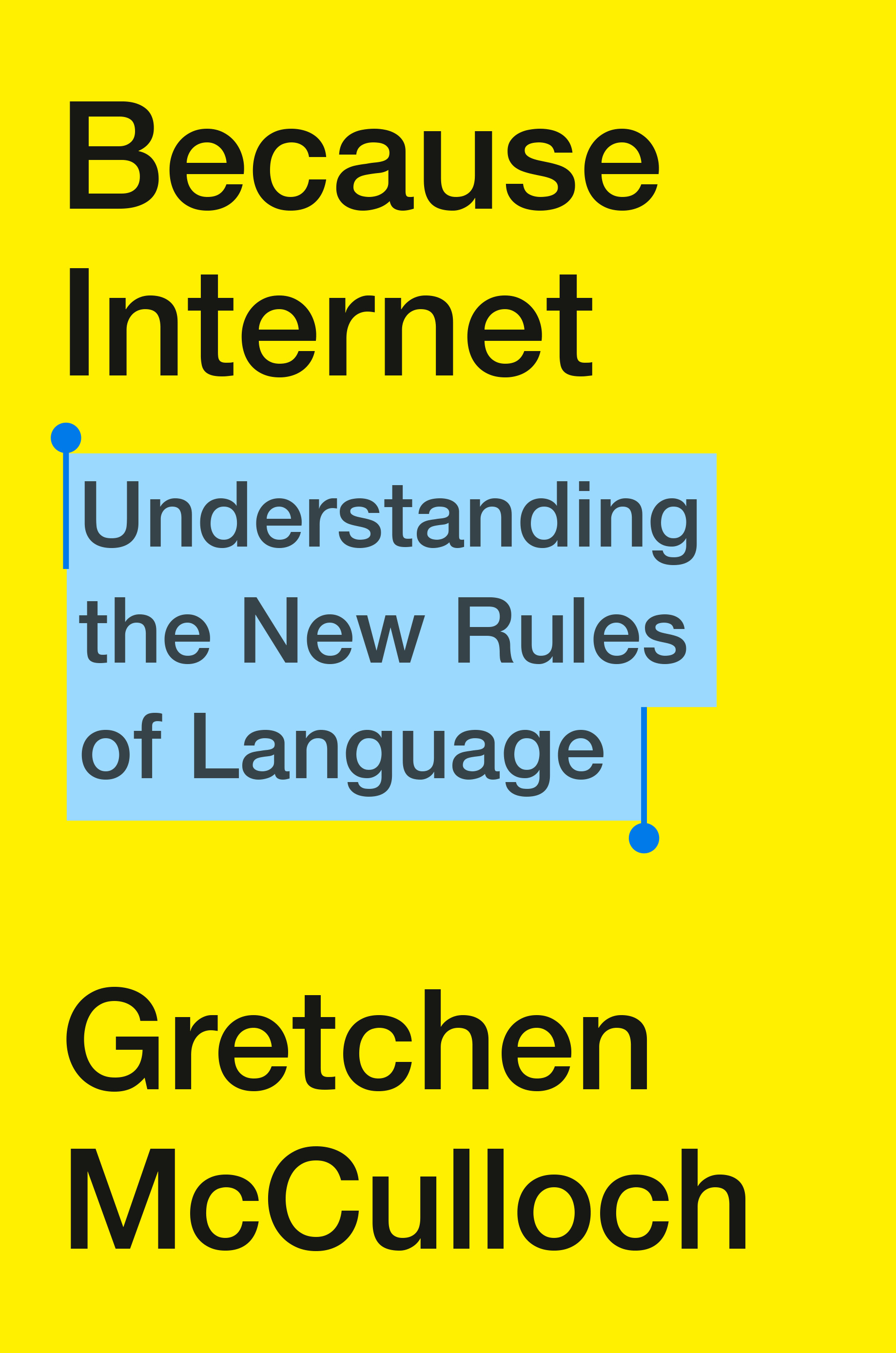[the notes from the book were retrieved with kobogarden, with the purpose of aiding to create a map of the ideas the book left me. The full list of book highlights can be found here.]

I was in Mozambique, and highly invested in the process of learning my Greek; and as I got more and more into the language and all the interesting ideas and connections that naturally arise when in touch with new kingdoms of thought, I realised I might have an interest in the field of linguistics — but would not know where to start. And I came across this book which proposes an internet-driven approach to the study of modern language use — how could I resist it?
Sometimes, the unbounded geography of the internet is amazing: I can carry friends in my pocket everywhere I go, and there’s someone around at every time of the day or night. Airports are no longer impersonal, insomnia is no longer isolating, and the most mundane grocery run can be livened up by a quick exchange with a pocket friend.
In the beginning of the book, there is an argument for the distinction between formal and informal, and personal and public modes of writing (a letter from me to you would be private and informal; a written article public and formal). There's much more public, informal writing available now as a result of things like Facebook posts or tweets, and the widespread availability of smartphones, and this is sort of the motivation for the book. Later it will be argued that the internet chat is a wholly new form of communication
There are many tangential arguments fueled by the author's earnest curiosity in linguistics and the internet, and there's frequently a fine balance between academic rigour and the liberty to freely associate different ideas. The role of animated gifs and emojis in the intrinsically visual communication of the internet beautifully culminates in an approximation of the ultimate informal communication medium — one that we are developing from the bottom-up! — and some widely recognisable phenomena are mentioned — like when we must reply to a text-message impersonating the phone owner: how should we write as someone else?
It explores the idea of digital community (via the notion of third places, for example, which puts the act of following randoms on Twitter on a new sociological perspective) — the question of "where has one spent their formative internet years?" made me wonder much about nostalgic cybernetic places, like Habbo, forums, the first social networks, etc.
an assortment of interesting inquiries and ideas
- how does keysmashing (sbdubfsdbjbsjfsd) change among the cybernetic demographic?;
- there's a passage on the beginning of acronyms which concludes that acronyms are more efficient at writing than in speech;
- apparently most of the linguistic innovation happens in both cities and twitter;
- latin is mentioned a handful of times, in its relationship with English and how it got misappropriated by the latter;
- finally, an explanation for the old English term Ye;
| Title | Because Internet |
|---|---|
| Author | Gretchen McCulloch |
| Publisher | Penguin / Random House |